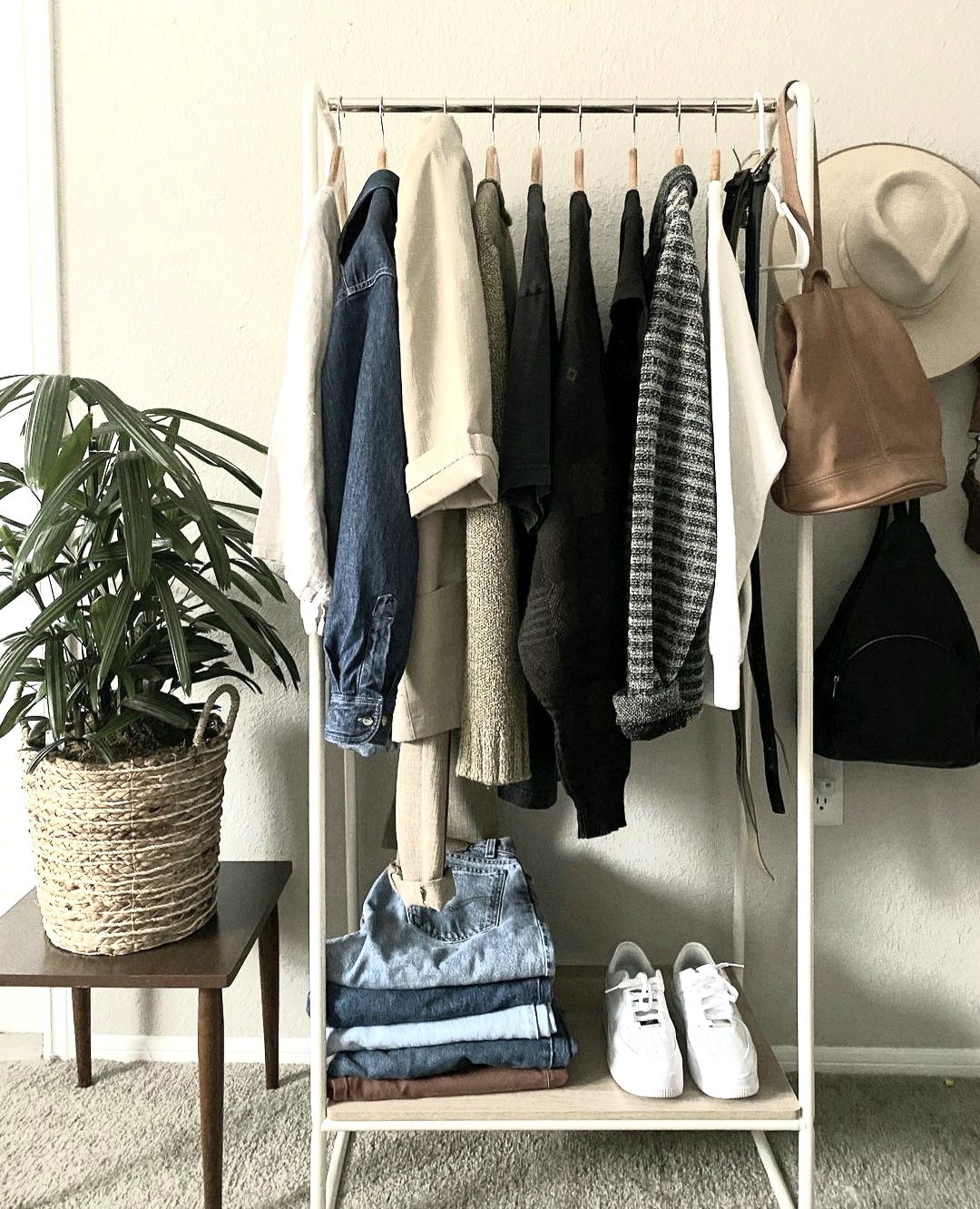Sometimes life circumstances can be overwhelming, and when that’s the case it’s easy to feel unmotivated, unproductive and mentally unavailable. For most, this can be triggered by something as simple as having too many files downloaded on their computer or something a bit larger, like having a disorganized house or workspace.
Despite the culture of multitasking, the human mind is incapable of focusing on multiple things at once. The more we ignore these situations, the more they start to affect us both physically and mentally, which inevitably causes us to shut down.
How do we fix this? The answer for many is minimalism.
Minimalism is the idea that things should be simple and have a purpose, whether it be design, art, or other media/object forms. Marie Kondo, a famous Japanese organizing consultant, describes this technique as “sparking joy,” which means thinking thoroughly about whether an item is truly valuable to that person. If the person is unable to find joy in that item, then they “thank” it for its service and set it free – meaning, getting rid of it. This unique process allows people to go through their belongings, memories, and other aspects of their lives to help declutter their spaces and make people feel more in control of who they are.
Adriana Currie, the Interior Design Department Coordinator at Fullerton College, discussed minimalism and its appeal. “When you get down to it, people want more organization and control in their lives. They equate getting rid of things with minimalism. The idea of having less translates to adapting the minimalist ‘look’ since people downsize, declutter, and organize. The minimalist look is very sparse but every item has an intention for being there,” she says.
For individuals who suffer from mental health issues, minimalism can help calm and even reduce their symptoms. Minimalism allows individuals to filter through the things that bother them or make them feel a certain way, evaluate how it affects them, and then make a decision on whether or not that thing is valuable to them. The process of doing this has been seen as therapeutic.
Zachary Brisson, who is pursuing his doctorate in Clinical Psychology and has completed a master’s in the same field, commented on the positive aspects of decluttering and minimalism by stating, “Decluttering a space is considered to be a simplified behavior. When people practice simplified behaviors they typically experience higher levels of gratification, autonomy, and competency. This is why decluttering a space can reduce anxiety and help you feel organized and in control of your environment.”
Minimalism may not work for everyone, as Brisson also mentions the effects of the cultural conditioning we’ve experienced by associating physical items with our own self-worth. This association has given us an excuse to only collect more in order for ourselves to feel more valuable. This can cause minimalism to be difficult for individuals who suffer from anxiety or obsessive-compulsive personality disorder since both disorders are fear-based.
“Holding onto things are fear-based because if we get rid of things that have nostalgia we’re afraid we’ll lose the memory. If we get rid of things we might need later, we fear that we’re going to regret our decisions,” Brisson says. “A lot of the times we see our stuff as a reflection of us and so we don’t want to lose part of ourselves.”
But minimalism has other benefits, as it can also help be sustainable for the planet if practiced correctly. Oftentimes the items that an individual doesn’t want are either donated or sold to be repurposed. It also means that minimalists think more practically about space and purpose, leading individuals to consume less.
A good example of this is buying a pair of good quality sneakers, even if the price is higher, instead of buying three pairs of cheaper shoes. The more expensive pair will likely last longer than the cheaper ones while also reducing excess waste and space. Not only will this way of thinking benefit the planet, but it will also benefit your wallet by halting all of those impulsive purchases.
Currie also adds that minimalist interior designs can also be unsustainable if certain design aspects are missing. “Drapery is something you hardly ever see in minimalist spaces, which is very important because it helps with energy efficiency by regulating room temperatures. It’s also important to think ‘I can afford this, but do I need it?’” she says. “Minimalism is a trend that comes and goes so it’s better to choose timeless pieces instead of buying things and throwing them away in a continuous cycle.”
Although it seems as if minimalism may take some time to adapt, taking small steps to try and make more decisive choices is an easy way to start.
How to make Minimalist choices:
1. Declutter Your Spaces
Go through those clothes that you keep telling yourself you’ll wear, or that junk drawer full of pens and pencils, or that space underneath your bed. Think about how many times you use those items or if it still suits your needs.
2. Rethink Purchasing Decisions
Are you just buying this shirt because it’s currently in style? Why not purchase something that’ll withstand the trend? Think about how you can use something throughout multiple situations or occasions. Also think of terms of quality, not quantity.
3. Reduce, Reuse, Recycle
Reduce the number of impulse purchases you make, reuse or redecorate certain items so they can be used in different spaces or serve a different purpose, and recycle or donate whatever you don’t want anymore.
4. Value experiences instead of physical items
Minimalism is all about living more without having more. Instead of buying items, buy experiences that will create memories to last a lifetime. For birthdays and holidays, give someone a whale-watching excursion or a trip to the zoo, it’ll last longer than a video game or pack of socks.

